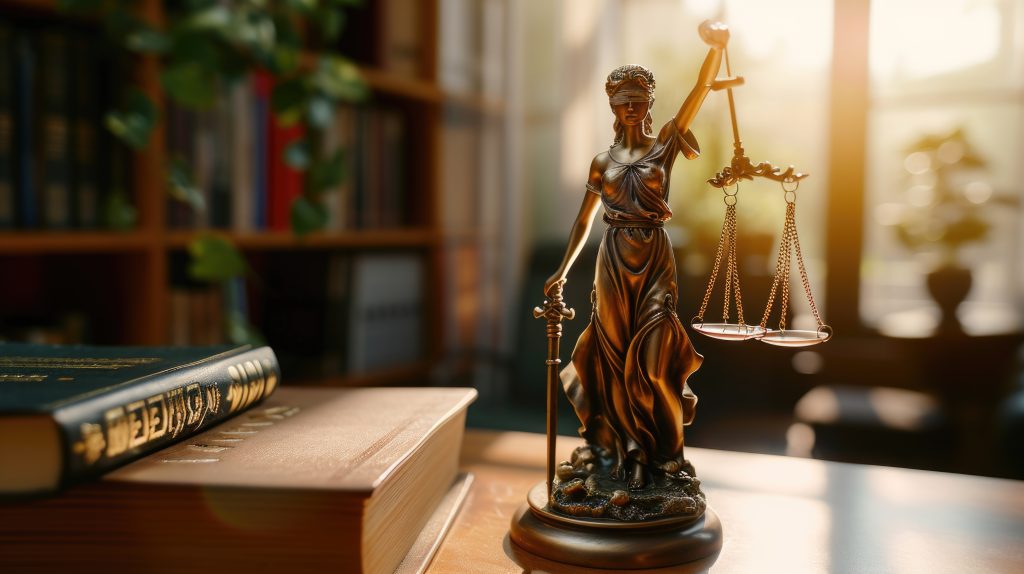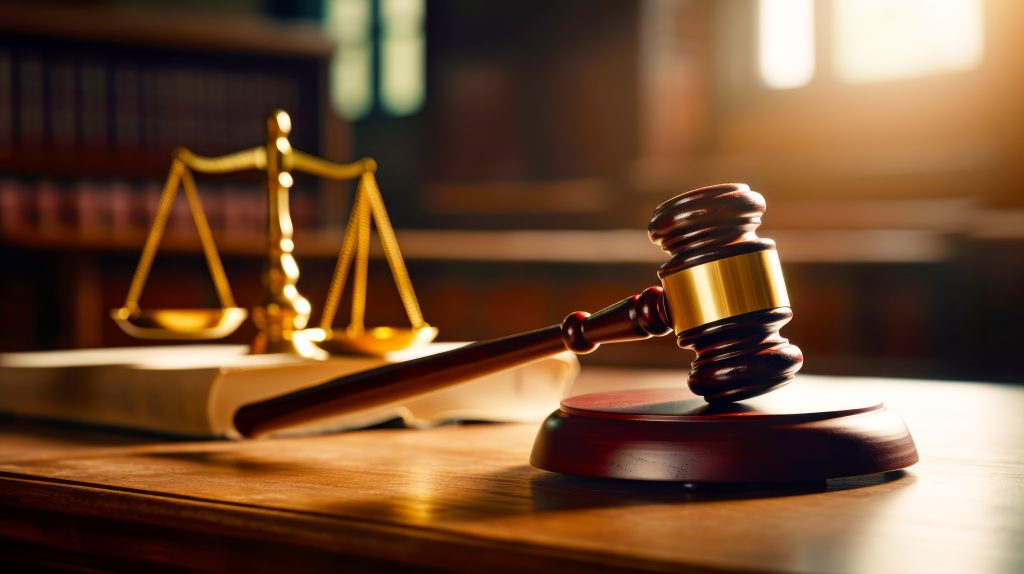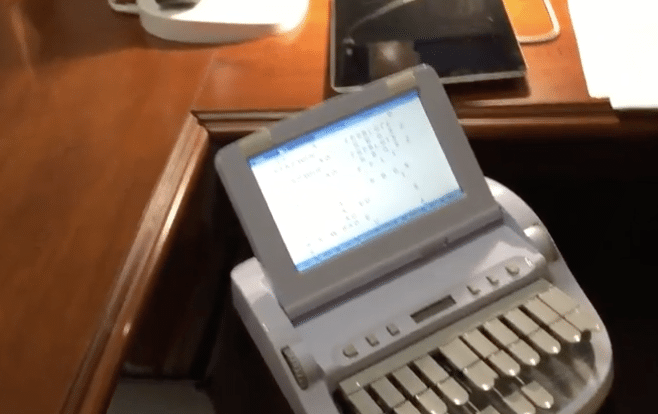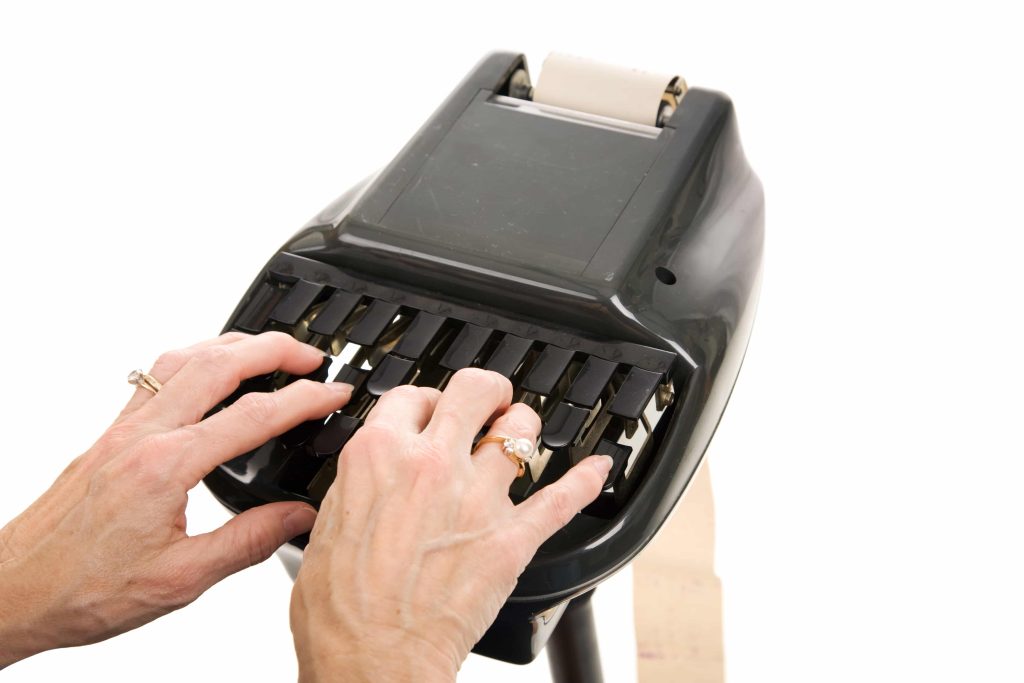The Evolving Role of Exhibits in Court Reporting

In the ever-evolving landscape of legal proceedings, the integration of technology has brought about significant advancements in court reporting services. Among these innovations, the use of exhibits in court reporting has been a game-changer, enhancing the clarity, accessibility, and effectiveness of legal documentation and evidence presentation. CourtScribes, a pioneering court reporting service that operates nationwide, […]
CourtScribes: Pioneering the Future of Court Reporting

In an increasingly digitized world, court reporting services have had to evolve to meet the changing needs of the legal industry. This evolution has given rise to companies like CourtScribes, a nationwide leader that seamlessly integrates traditional court reporting with cutting-edge technology to provide unparalleled services. Court reporting, at its core, is the art of […]
Court Scribes Explains What Those Court Reporters Are Typing On

What’s that thing court reporters are always typing on? This is a question that CourtScribes gets asked all the time. Well, that thing is called a stenotype machine. It’s also used for captioning television broadcasts as well. The stenotype works a bit like a portable word processor. It has a 22-button keyboard in place of the […]
Court Scribes Asks: Do You Need to Hire a Digital Court Reporter?

As CourtScribes has noted there is a continued growing shortage of stenographers. This reality combined with the fact that the average age of a court reporter is 53 years old, leaves cause for concern about the profession’s future. Additional contributing factors to the shortage include a significant decrease in graduates from professional stenographic training and […]
CourtScribes Shows the Importance of a Court Reporter

Technology has seen an increase in jobs being taken over by their mechanical counterparts. This is just a sign of technological times. Some people believe that the court reporter may soon be one of the jobs that loses its value when this much technology is available. However, certain jobs, such as this one, requires a […]
The Art of Stenography

The CourtScribes company are masters in stenography? The “art” of stenography is about recording what is being said as quickly and as accurately as possible. Stenography is mostly used in a courtroom or legal setting, ensuring that everything is being transcribed for the record. This is important because important decisions are being made on what […]
Why are Court Reporters Important to CourtScribes

As time has gone forward, technology jobs increase as more mechanical-type jobs go by the wayside. In court reporting circles, that you have read about here at CourtScribes, many believe that this too will happen to the profession. As a matter of fact, it is happening right now as we speak. As the technology expands […]
What Will CourtScribes Do For You?

CourtScribes is a team of highly professional court reporters based out of South Florida but has offices all over the country. CourtScribes is the leader of the industry using top-of-the-line technology for a fraction of the price. Having an experienced court reporter is essential to every case. This includes cases in federal, state, and local jurisdictions. […]
The Five Reasons Why You Must Seriously Consider Court Reporting

Court reporting is a tough job. Court reporting may not be for everyone. You will have to go to a school and acquire a whole new skill set. That being said, here are five reasons why one should consider a career in court reporting. 1 – It is a High-Demand & Recession-Proof Career From the […]
Sonja L. Reeves Receives Prestigious NCRA Award

CourtScribes likes to spread the love. So we are happy to announce that The National Court Reporters Association (NCRA), which is the country’s leading organization representing stenographic court reporters and captioners, has announced that Sonja L. Reeves has earned the nationally recognized Registered Diplomate Reporter (RDR) certification. This is the highest credential available to stenographic court […]
